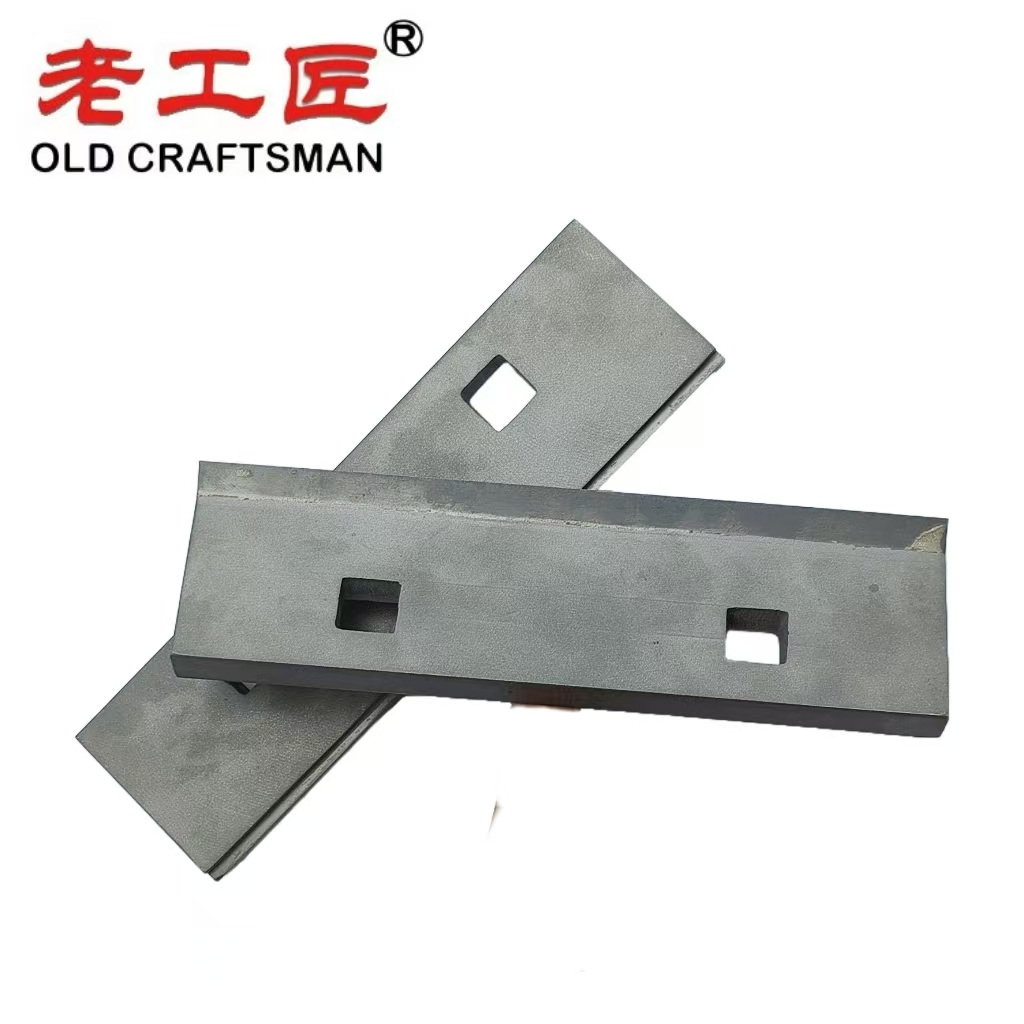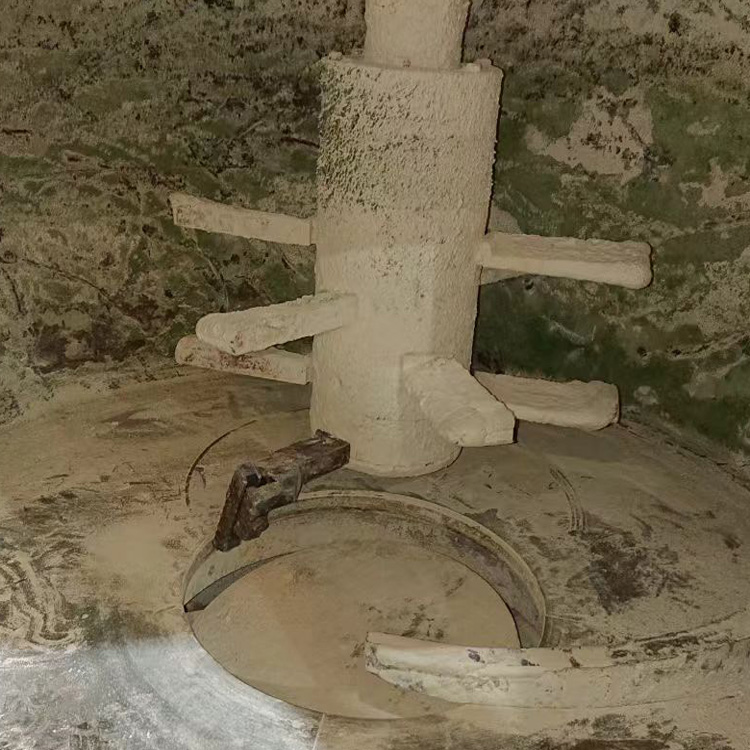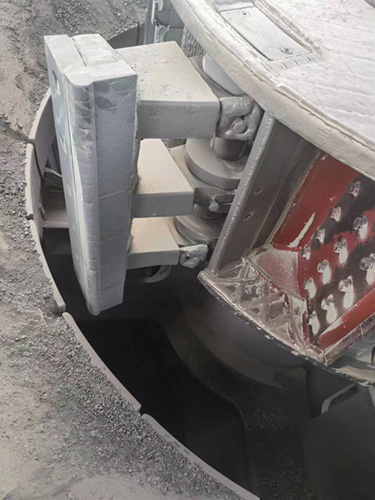Author: Zhuzhou Old Craftsman Precision Alloy Co., Ltd., a leading manufacturer and supplier of high-performance hard carbide (tungsten carbide) products for crusher.
Hard metal alloys, also known as cemented carbides, are revolutionizing industries worldwide with their exceptional hardness and unparalleled impact resistance. As global demand for durable and high-performance materials grows, hard metal alloys have emerged as a top choice for manufacturers and engineers. In this article, we’ll explore the unique properties of hard metal alloys, analyze recent procurement trends, and highlight why they are indispensable in today’s industrial landscape.

Above tungsten carbide chute liner plate from Zhuzhou Old Craftsman Precision Alloy Co., Ltd.
What Are Hard Metal Alloys?
Hard metal alloys are composite materials made from tungsten carbide (WC) and a metallic binder, typically cobalt. This combination results in a material that boasts extraordinary hardness, wear resistance, and toughness. These properties make hard metal alloys ideal for applications in mining, construction, aerospace, and manufacturing.

Above tungsten carbide conveyor belt cleaner scraper from Zhuzhou Old Craftsman Precision Alloy Co., Ltd.
Key Properties of Hard Metal Alloys
1. High Hardness for Extreme Durability
Hard metal alloys are renowned for their high hardness, often ranking just below diamonds on the Mohs scale. This makes them perfect for cutting tools, drilling equipment, and wear-resistant components.
2. Superior Impact Resistance
Unlike brittle materials, hard metal alloys can withstand significant mechanical stress and shock. This impact resistance ensures longevity in demanding environments, such as mining and heavy machinery operations.
3. Wear Resistance in Harsh Conditions
The wear-resistant nature of hard metal alloys reduces maintenance costs and downtime, making them a cost-effective solution for industries dealing with abrasive materials.

Above tungsten carbide mixing blade from Zhuzhou Old Craftsman Precision Alloy Co., Ltd.
Global Procurement Trends for Hard Metal Alloys (Last 3 Months)
Recent market analysis reveals the following trends:
- Increased Demand in Asia-Pacific: Countries like China and India are driving demand for hard metal alloys in construction and mining sectors.
- Sustainability Focus in Europe: European buyers are prioritizing eco-friendly manufacturing processes and recyclable hard metal alloys.
- Growth in North American Aerospace: The aerospace industry in the U.S. and Canada is investing heavily in hard metal alloys for turbine components and cutting tools.
- Rising Popularity in South America: Brazil and Argentina are seeing a surge in demand for hard metal alloys in oil and gas exploration.
- Middle East Infrastructure Projects: Large-scale infrastructure projects in the UAE and Saudi Arabia are boosting procurement of hard metal alloys for drilling and machining.

Above tungsten carbide crusher hammer from Zhuzhou Old Craftsman Precision Alloy Co., Ltd.
Applications of Hard Metal Alloys Across Industries
1. Mining and Drilling Equipment
Hard metal alloys are widely used in drill bits, cutting tools, and excavation equipment due to their ability to withstand extreme abrasion and impact.
2. Aerospace and Defense
The aerospace industry relies on hard metal alloys for turbine blades, engine components, and precision machining tools.
3. Automotive Manufacturing
From cutting tools to wear-resistant parts, hard metal alloys enhance efficiency and durability in automotive production.
4. Medical Devices
Hard metal alloys are used in surgical instruments and implants, offering precision and biocompatibility.
5. Construction and Infrastructure
In construction, hard metal alloys are essential for drilling, cutting, and reinforcing materials in challenging environments.
Conclusion
Tungsten carbide parts are a cornerstone of modern industry, offering unmatched hardness, impact resistance, and durability. With global procurement trends highlighting their growing importance, now is the time to invest in these advanced materials. Whether you’re in mining, aerospace, or construction, hard metal alloys provide the performance and reliability you need to stay competitive in today’s market.
By targeting localized long-tail keywords and understanding regional procurement trends, your business can effectively tap into the global demand for hard metal alloys. Stay ahead of the curve and make hard metal alloys your material of choice!